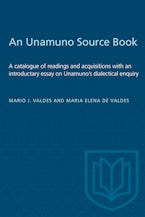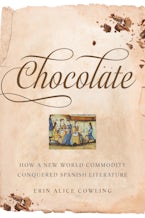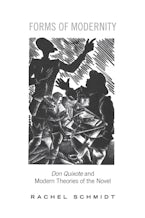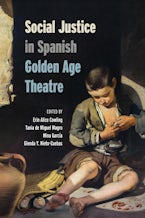Professor Valdes presents a theory of literary criticism based on phenomenological philosophy – primarily the work of Husserl, Ingarden, Merleau-Ponty, and Ricoeur. His basic argument is that literary texts are inexhaustible sources of imaginative creativity for their readers, and, further, that this openness does not inhibit serious commentary but rather enhances the critic’s possibilities of exchange, dialogue, and intellectual enrichment. He argues for a system of classification of narrative texts according to phenomenological principles in which form is considered as a heuristic device established for the purpose of understanding the nature of literary expression. The only critical approach he holds to be untenable is that which lays claim to a definitive interpretation of a text, for such an approach would mean the death of the literary text as a creative source.
Valdes’ presentation progresses from a statement of premises, through the construction of a critical approach, to a concluding historical generalization about literature. To introduce the richness of the Hispanic literatures and to elaborate an historical overview of one literary tradition, he has chosen to examine texts from Hispanic literatures exclusively, notably those of Unamuno and Cervantes.











